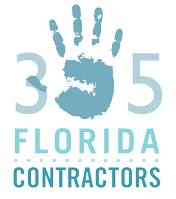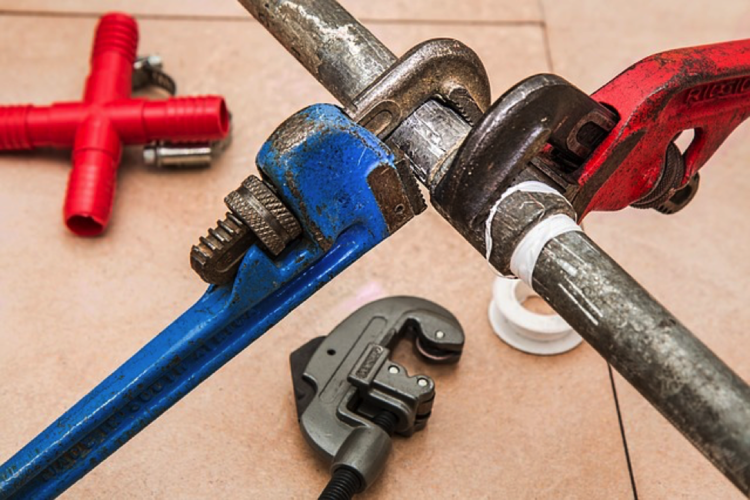When it comes to your home, there are many things to consider when repairs or renovations are needed. From creating a budget and a timeline to figuring out which materials are needed for different kinds of projects and home repairs, there’s a pretty long list of things to consider. One of the most important is whether you’ll be able to handle them yourself in a DIY project or if you’ll need to hire a pro to come in and take over. Even if you’re experienced with taking on home projects, there are certain jobs that are more difficult than others, and there could be safety issues at play.
Fortunately, there are some simple things you can do to figure out how to get started with your project. When it comes to plumbing, electrical work, or structural work, it’s best to call in a pro. Not only will this help keep you safe, but it will also ensure that your home doesn’t suffer any needless damage, which will save you money in the long run.
Keep reading for great tips on how to figure out the details of major or minor home repairs.
Figure Out What Type of Repair It Is
The first step is to figure out what kind of repair you have on your hands and what it will entail. Do some research online to find out more about the project you’re taking on. Repairs that involve plumbing, electrical work, or structural work always need a pro, which will drive up your costs but will be necessary in order for the job to be done safely and correctly. Common repairs that require a pro might include replacing a toilet, hot water heater, or electrical wiring.
Break Down the Cost
Breaking down the cost of your home repair project is imperative because it will allow you to create a budget from the beginning. Many minor home repairs can be done in a cost-effective way if you know how to get started; for instance, even if you call in a pro, you can buy the materials yourself, which will allow you to shop around for the best deals. Bigger repairs can get costly, however; the average national cost for a major home repair is around $10,429.
Establish a Timeline
Every home project requires a timeline from the jump. Not only will this help to save you money as you keep your contractor on task, but it will also keep your family comfortable because you won’t have to worry about having your home torn up for weeks or months. Without a set date for completion, you may face issues with the people you hire to get the job done. Keep in mind, however, that with major renovations often come setbacks. Get a written agreement from your contractor that includes the estimate they gave you for both the timeline and the cost.
Keep Permits in Mind
While many home repairs don’t require permission from the city, some do, and it’s important to educate yourself on how to go about getting cleared for your project. Any changes to the blueprint of your home — adding rooms, cutting holes for windows or skylights, or installing new plumbing or electrical work — will require a permit. Typically, these aren’t too expensive, but if you fail to get the right kind, you’ll be facing fines that could increase your budget.
Making changes to your home can be stressful and costly, so it’s imperative that you plan ahead before making any decisions. Do some research online and, if possible, talk to someone who has been through a similar project so you can get tips and advice.





